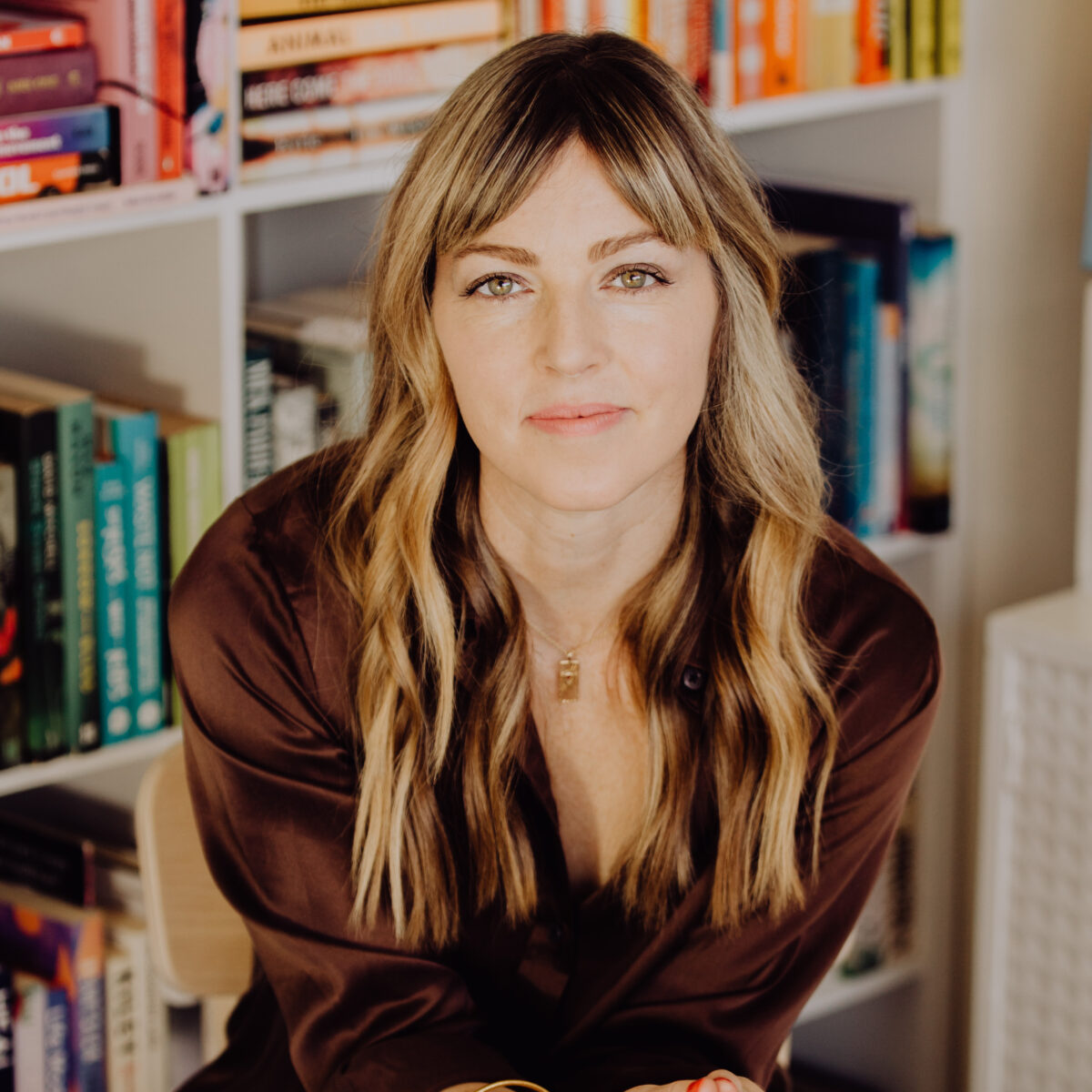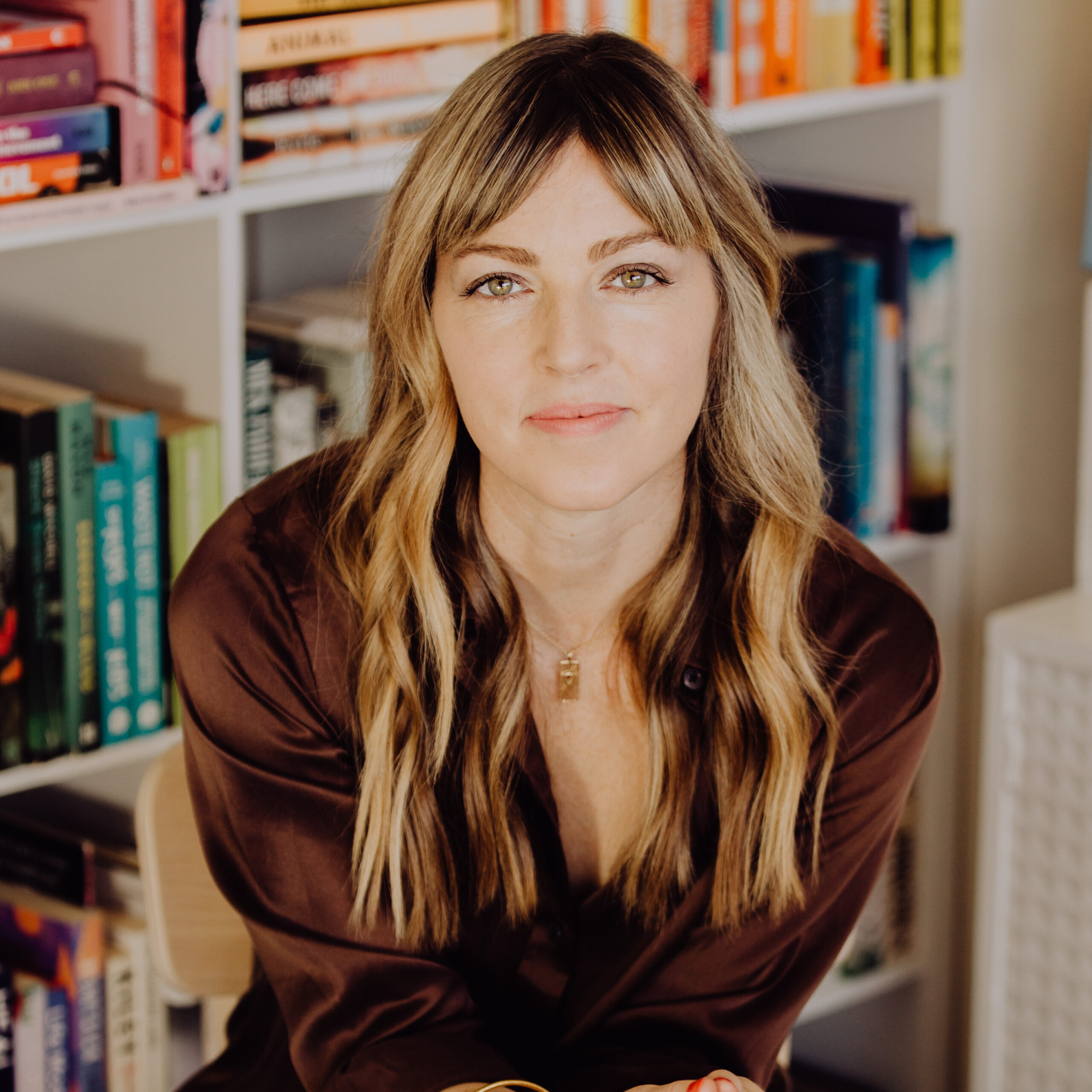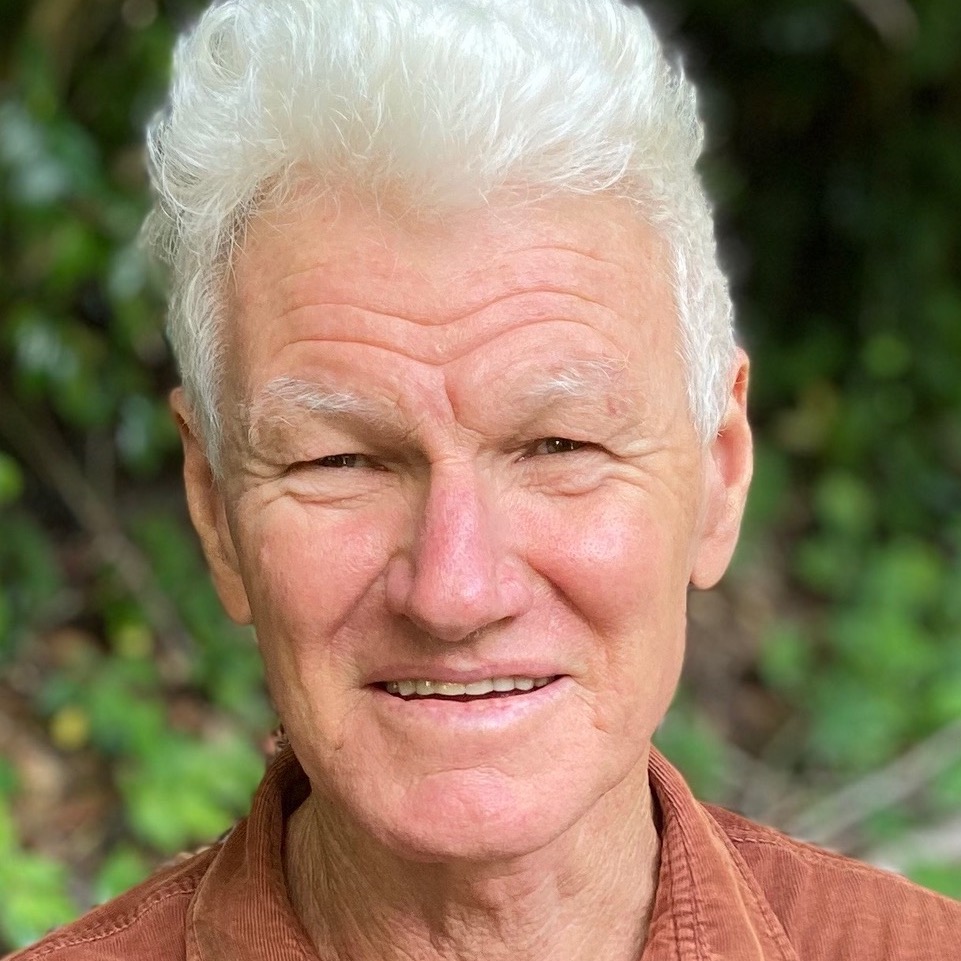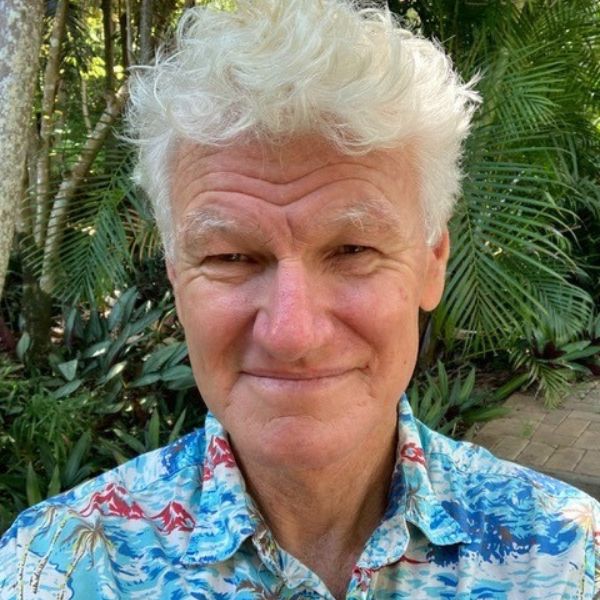What’s On
2025 dates coming soon!

Write & Sip!
Grab a coffee or bring a thermos and take part in a casual, themed writing session, with prompts, silent writing time and a chance to catch up and mingle with other local writers.
Open to all members with an interest in writing. The sessions are held at a local venue and participants are welcome to stay on after the session and make use of the space until midday.
2025 Session dates coming soon
Follow us on social media to stay in the loop.





